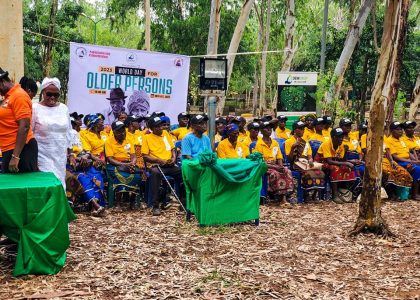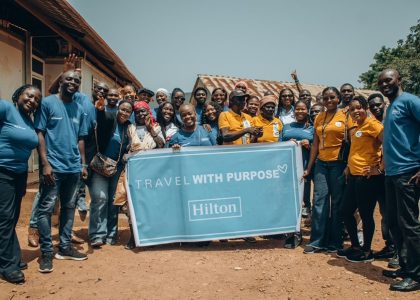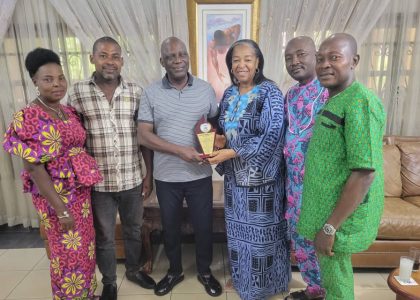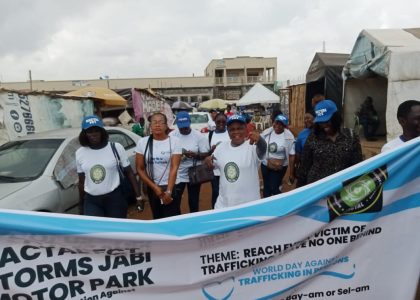2023 WORLD DAY FOR OLDER PERSONS FUN FAIR
A memorable and heartwarming event unfolded as we had the privilege of being part of the World Day for Older Persons Fun Fair celebration. This

A memorable and heartwarming event unfolded as we had the privilege of being part of

Transcorp Hilton, in collaboration with ACE Charity, joined forces with Dewdrop Foundation for a heartfelt

We are thrilled to celebrate the momentous occasion where Umuode Community came together to honor

The Network Against Trafficking, Abuse and Labour (NACTAL) is an umbrella organisation of Nigerian non-governmental